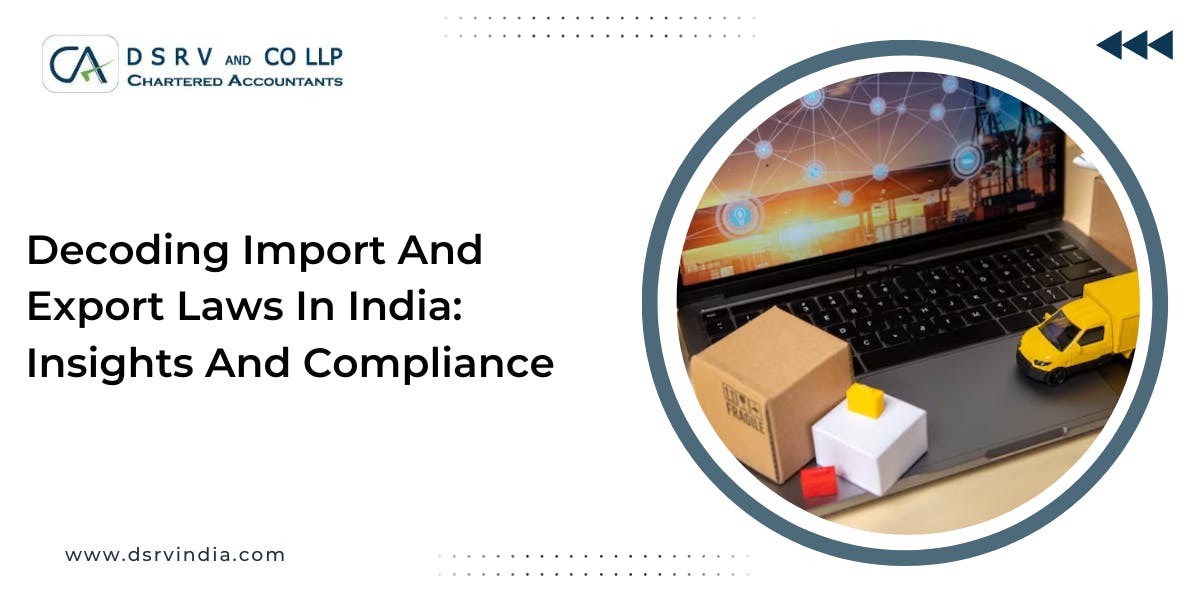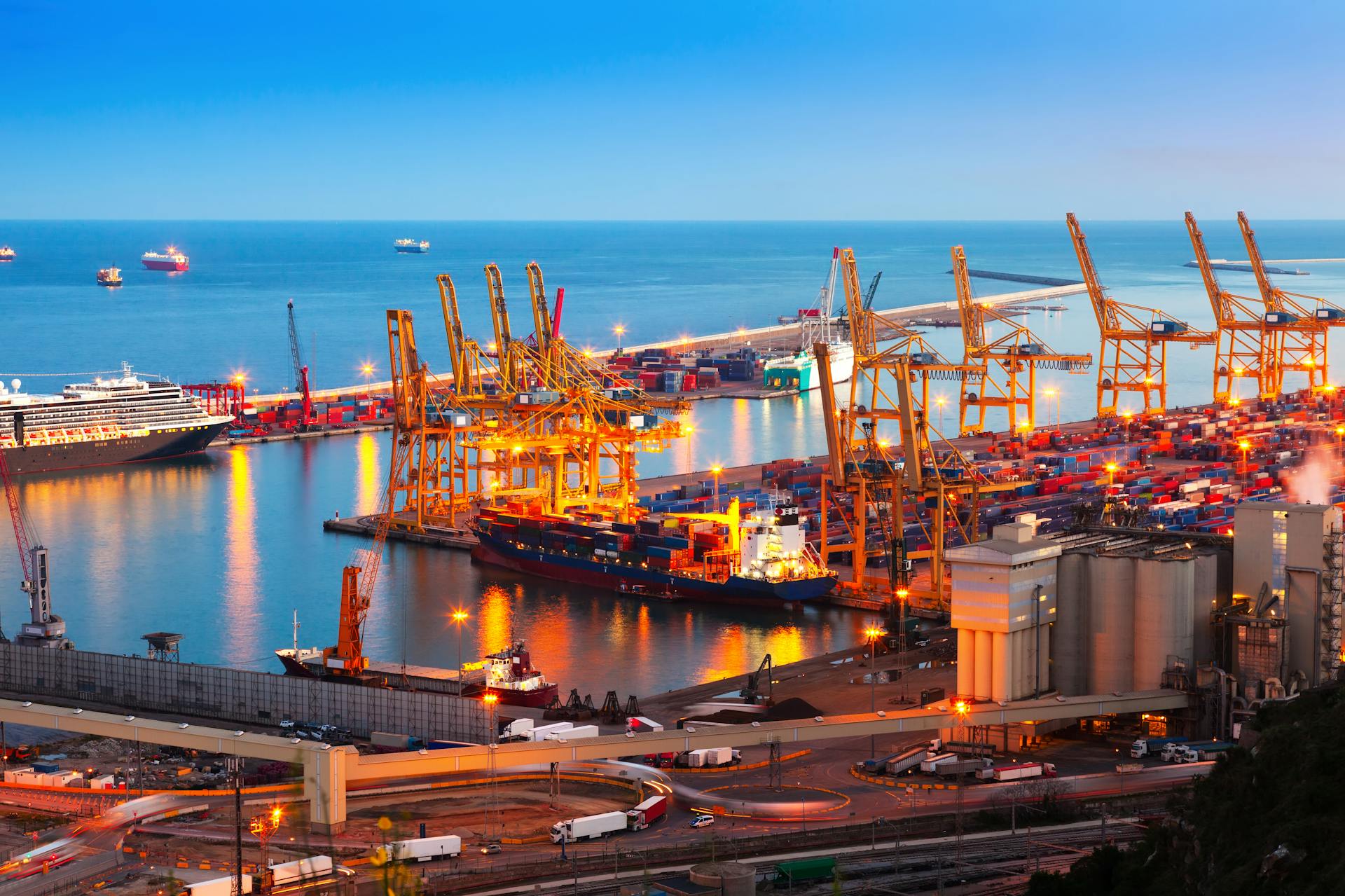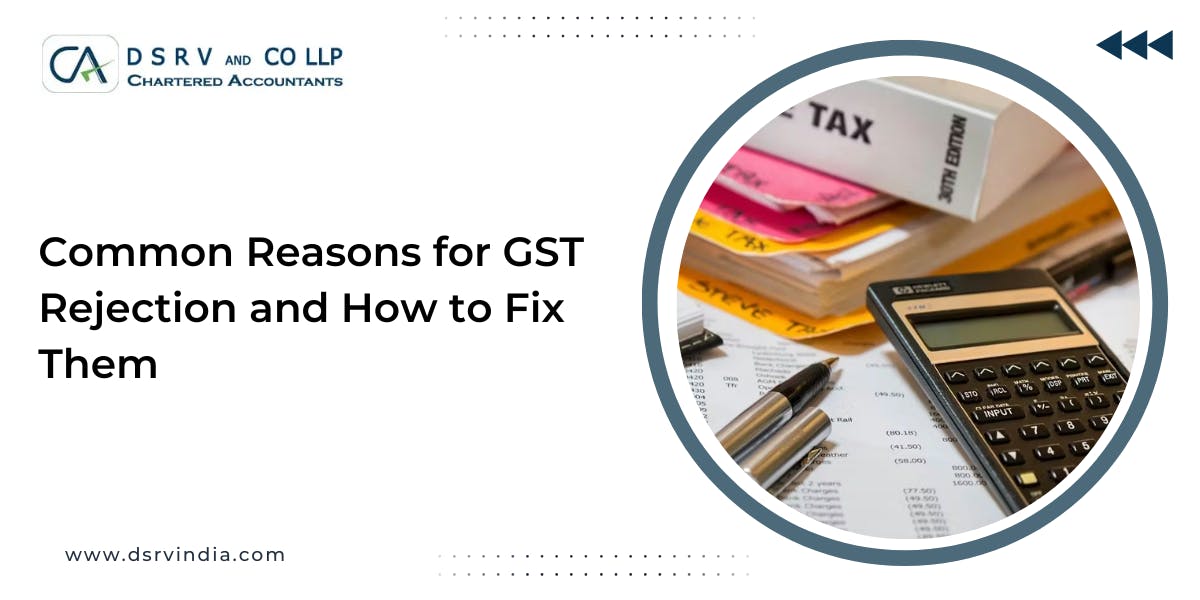Learn More About : SPECIAL FOCUS ON EXPORT AND IMPORT OF SERVICES
Understanding The Law Governing Export And Import In India
In India exports and imports are regulated by the Foreign Trade Act of 1992 for purchasing and selling goods with other countries. This foreign trade policy has replaced the earlier Imports and Exports (Control) Act of 1947, which gave authorities extensive control over these activities. Let's have a look at the main points of the import export laws in India:
- This act empowers the central government for the development and regulation of rules that facilitate our country's trade with others. These rules are intended to make it easier for goods to enter and exit our country, thereby promoting foreign trade.
- The Central Government has complete authority to say no, limit, or control what enters and exits our country. They can make this decision for all situations or only for a few cases.
- According to the law, the Central government can create an Export and Import (EXIM) Policy. This policy can be changed as needed, based on the conditions at the moment.
- The law gives the Central Government the authority to appoint a Director-General of Foreign Trade. This person will advise the government about making rules for trading with other countries. They also help in putting these rules into action.
- Everyone who imports goods into or sends goods out of the country must obtain a specific code number. The number is generally provided by the Director-General of Foreign Trade.
- According to the law, the Director-General or someone they designate can stop or cancel a general license or specific license they granted to someone. However, before doing so, the individual must be given an opportunity to present their side of the story.
Gain Insight On : IMPORTANT STRATEGIES FOR SETTING UP FOREIGN ENTITIES IN INDIA
Import Policy
According to the Indian Trade Classification (ITC)-Harmonized System (HS), the import trade law in India comprises three basic categories for goods: Restricted, Canalized, and Prohibited. If your items do not fall into one of these categories, obtaining an Importer Exporter Code (IEC) allows you to import freely without the need for an additional import license. Restricted goods need a regional authority license that specifies disposal techniques and is valid for 24 months for capital goods or 18 months for others. Certain medications and petroleum products require special procedures and can only be imported through designated agencies.
Learn These FEMA Rules Before Doing Business In India : 8 KEY FEMA RULES EVERY NRI SHOULD UNDERSTAND [2023]
Export Policy
When it comes to exporting from India, items that are not listed in the ITC (HS) categorization can be exported freely. If your export goods fall into the restricted category, you'll require a special license outlining export processes and conditions. Some things, labeled as prohibited, cannot be exported at all. It happens usually because they include wild animals or items that pose infection risks. Another category is State Trading Enterprise (STE), in which some items can only be exported through specified businesses by the Export-Import (EXIM) policy.
Types of Duties
In India, there are various types of duties that play a crucial role in taxing goods. Basic Duty is the standard tax rate, with a Preferential Rate applied when goods come from specific places. The Integrated Goods and Services Tax (IGST) has replaced various duties, with rates ranging from 0% to 28%. Some products, including bottled water and tobacco, are subject to the GST Compensation Cess, which helps states compensate for income loss. Anti-Dumping Duty defends industries of our countries, whereas Safeguard Duty protects against harmful imports.
What Are The Consequences Of Non-Compliance Of Export Import Laws In India?
Failure to comply with India's export-import laws, as detailed in Section 11 of the FTDRA, 1992, comes with serious consequences. If you break the guidelines of export import rules in India, you could face a fine of at least 10,000 rupees, and five times the value of the products or services involved. Giving false information bears the same punishment. Also, if you admit to a violation, the authorities may decide on a settlement amount. If you do not pay the penalty, your Importer Exporter Code (IEC) number will be suspended. In addition, violating these laws may result in the seizure of your goods and conveyances until you pay redemption fees equal to the market worth.
But don’t worry we can help you reduce the risk of facing the penalties related to import export laws in India. Our reputed tax firm specializes in advising business owners on how to comply with export-import requirements while avoiding penalties. We can help you make your operations legally sound and hassle-free, through personalized consultations, and continuous support. Feel free to talk with our experts for any kind of tax-related assistance.








